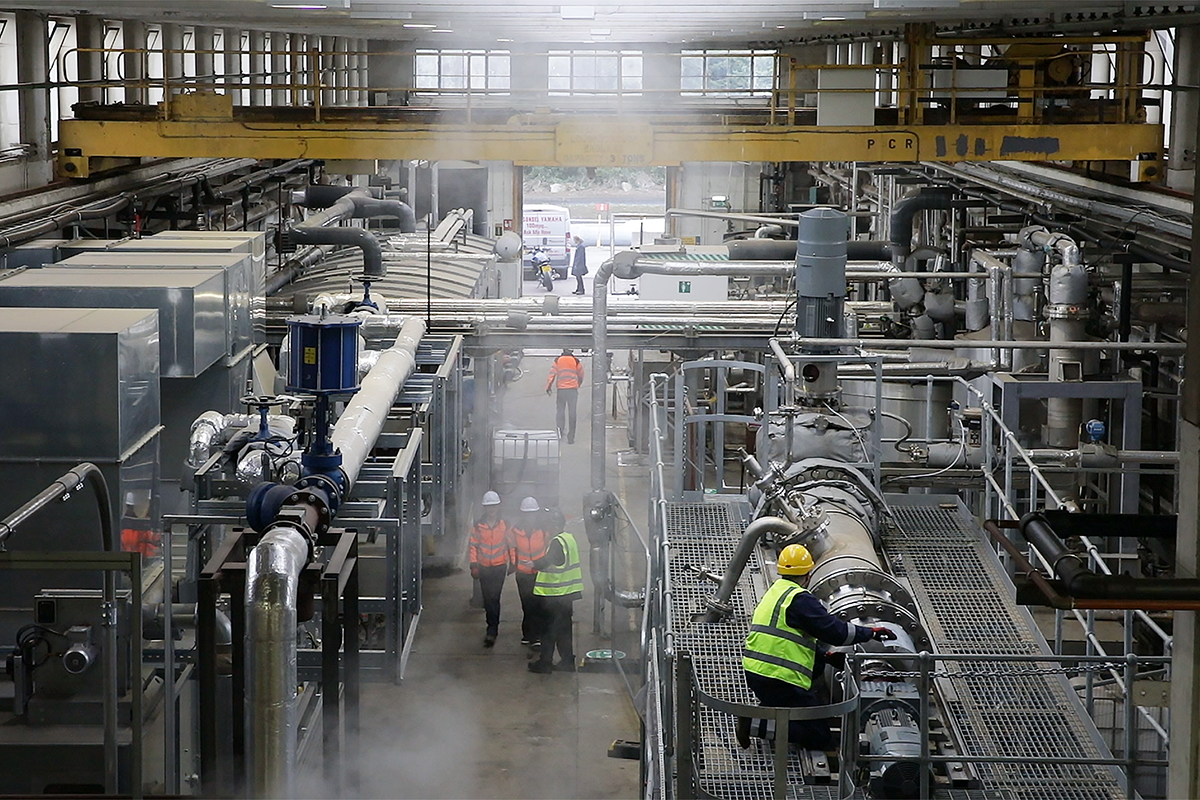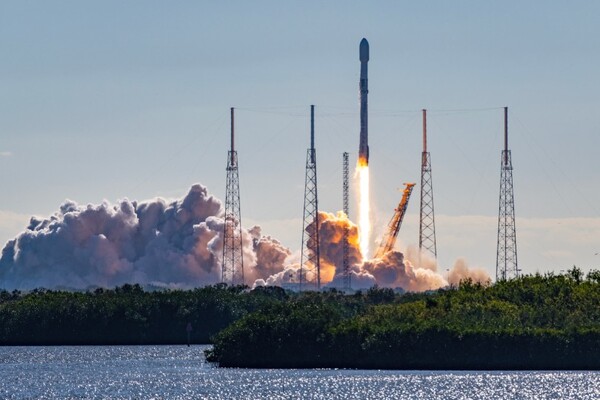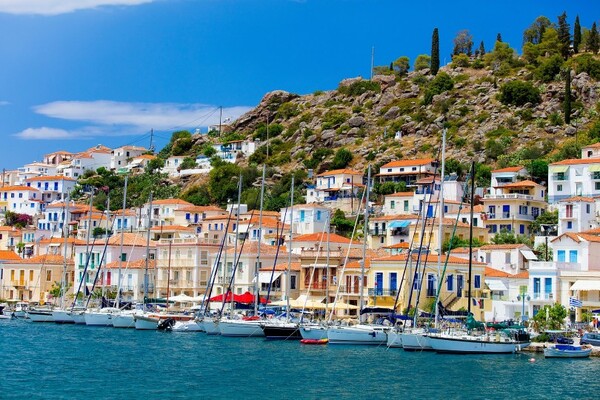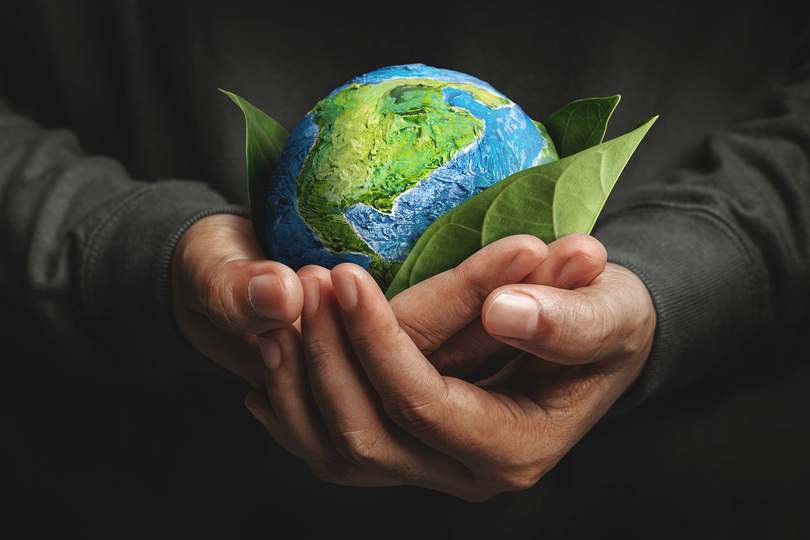British Airways-backed SAF plant takes step towards creation
 Gary Noakes
Gary NoakesBritish Airways has signed a deal with two partners to accelerate a Sustainable Aviation Fuel (SAF) project that could see construction of a UK plant begin next year.
BA has cemented its partnership with LanzaJet and Nova Pangaea Technologies to further its Project Speedbird initiative created in 2021 to develop cost-effective SAF in the UK.
Project Speedbird will convert agricultural and wood waste, which BA says is from sustainable sources, into 102 million litres of SAF per year. BA will take the entire production and mix it with conventional fuel on some of its flights.
BA said SAF produced at the facility would reduce CO2 emissions by 230,000 tonnes a year, equal to about 26,000 BA domestic flights.
BA said: “Overall, Project Speedbird has the potential to reduce CO2 emissions by up to 770,000 tonnes a year.”
The DfT’s Jet Zero Strategy includes implementing a SAF mandate to come into force in 2025, which will require at least 10% of UK jet fuel to be sustainable by 2030. The new plant is planned for north-east England and to be in production by 2026.
Carrie Harris, BA’s director of sustainability, said: “Project Speedbird is another great step towards our mission to reach net zero carbon emissions by 2050 or sooner and achieve our target of using SAF for 10% of our fuel by 2030.
"SAF is in high demand but in short supply across the globe and so it is essential that we scale up its production as quickly as possible.”
Sarah Ellerby, Nova Pangaea Technologies chief executive, said: “The support from British Airways is a vote of huge confidence in our technology and will accelerate its commercialisation.”
Sign up for weekday travel news and analysis straight to your inbox

Gary Noakes
Supplier Directory
Find contacts for 260+ travel suppliers. Type name, company or destination.












